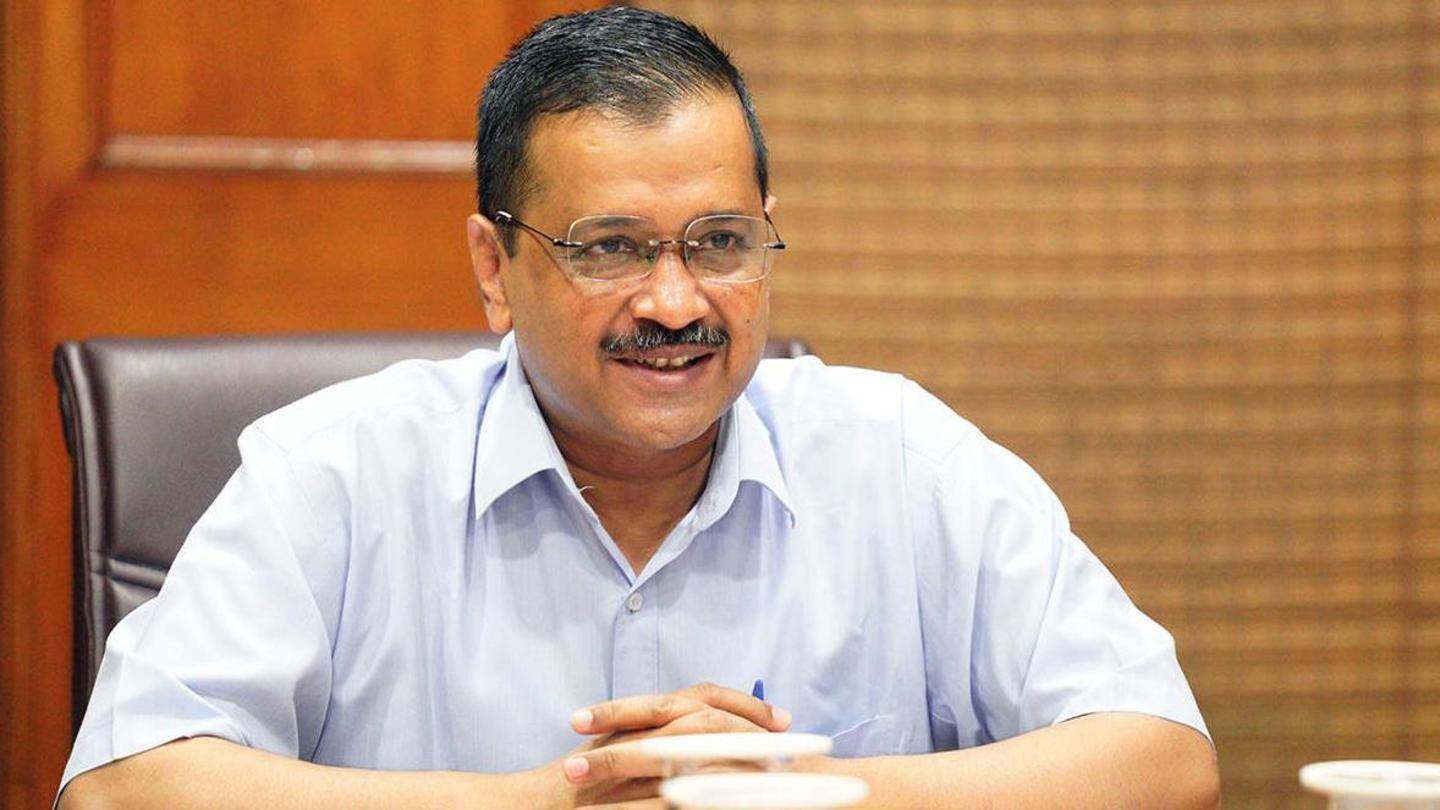
Inauguration of Delhi's first smog tower expected on August 23
What's the story
Chief Minister Arvind Kejriwal is expected to inaugurate the national capital's first smog tower at Connaught Place on August 23, Delhi government officials said on Friday.
The construction of the smog tower has been completed and the inauguration will happen on August 23 instead of August 15, an official said requesting anonymity.
Here are more details.
Construction
COVID-19 pandemic delayed the construction work: Environment Minister
The over 20-meter-tall structure, being set up to improve air quality in a radius of around one kilometer, was supposed to be ready by June 15.
Environment Minister Gopal Rai had earlier said the COVID-19 pandemic delayed the construction work of the smog tower.
The Delhi cabinet had approved the pilot project in October last year.
Details
Another 25-meter-tall smog tower has been built at Anand Vihar
The smog tower will be able to purify 1,000 cubic meters of air per second, according to Rai.
A two-year pilot study will be undertaken to ascertain the effectiveness of the smog tower after it becomes operational.
Another 25-meter-tall smog tower, built by the central government at Anand Vihar, is expected to become operational by August 31, the Central Pollution Control Board officials said.
Information
NBCC India has been appointed as a project management consultant
Tata Projects Limited (TPL) is building the two smog towers with technical support from IIT-Bombay, which, in collaboration with IIT-Delhi, will validate their performance. NBCC India Ltd. has been appointed as a project management consultant.
Design
The two towers will have 1,200 air filters each
CPCB is the nodal agency for the tower at Anand Vihar, while Delhi Pollution Control Committee is the nodal agency for the one coming up at Connaught Place.
The two towers will have 1,200 air filters each developed by experts at the University of Minnesota in the United States which also helped design a 100-meter-high smog tower in Xian, China.
Information
Towers are being built at cost of Rs. 22cr each
The smog towers, being built at a cost of Rs. 22 crore each, are estimated to reduce the concentration of PM 2.5 up to 70 per cent in a one-kilometer radius around them.